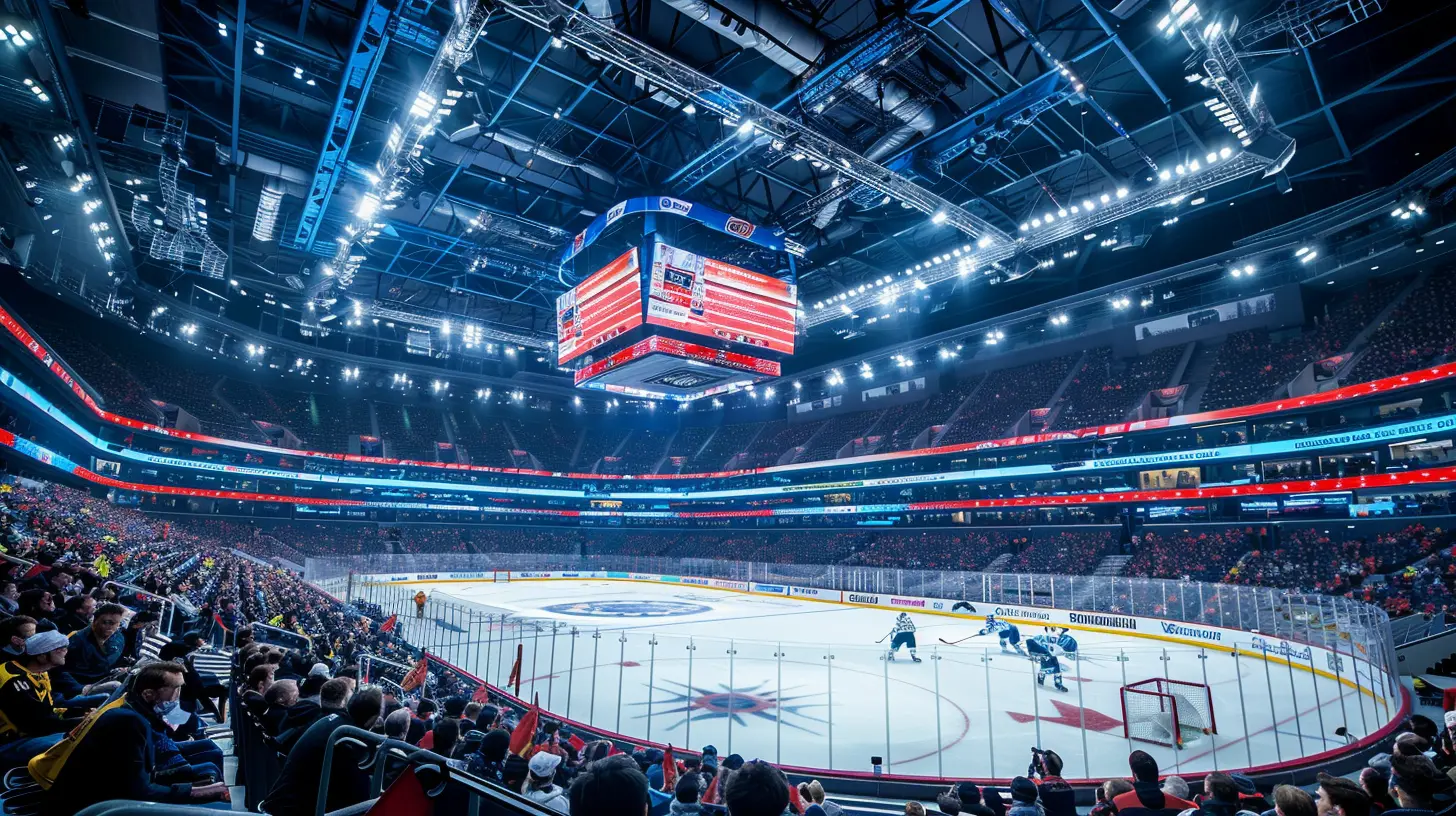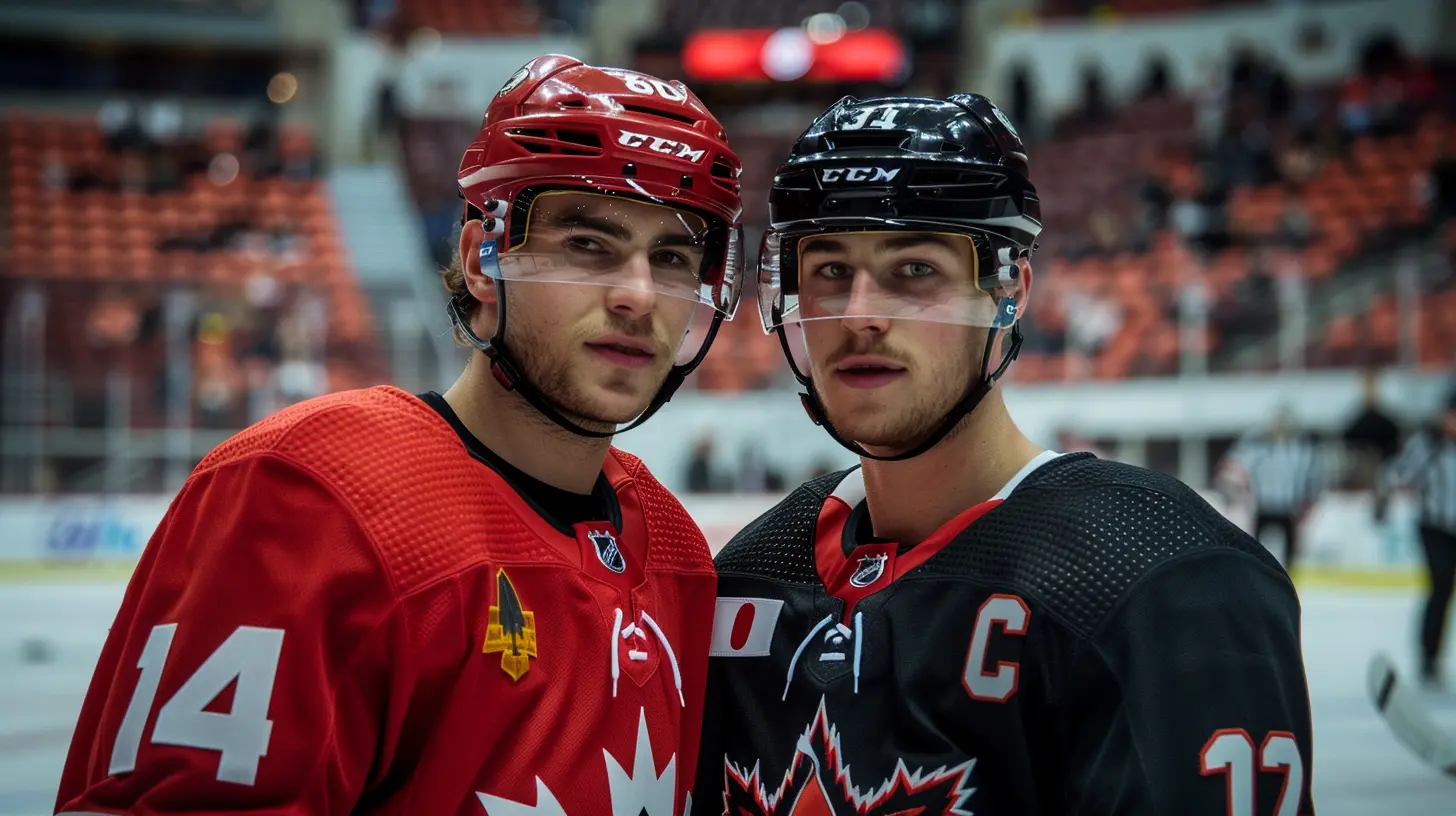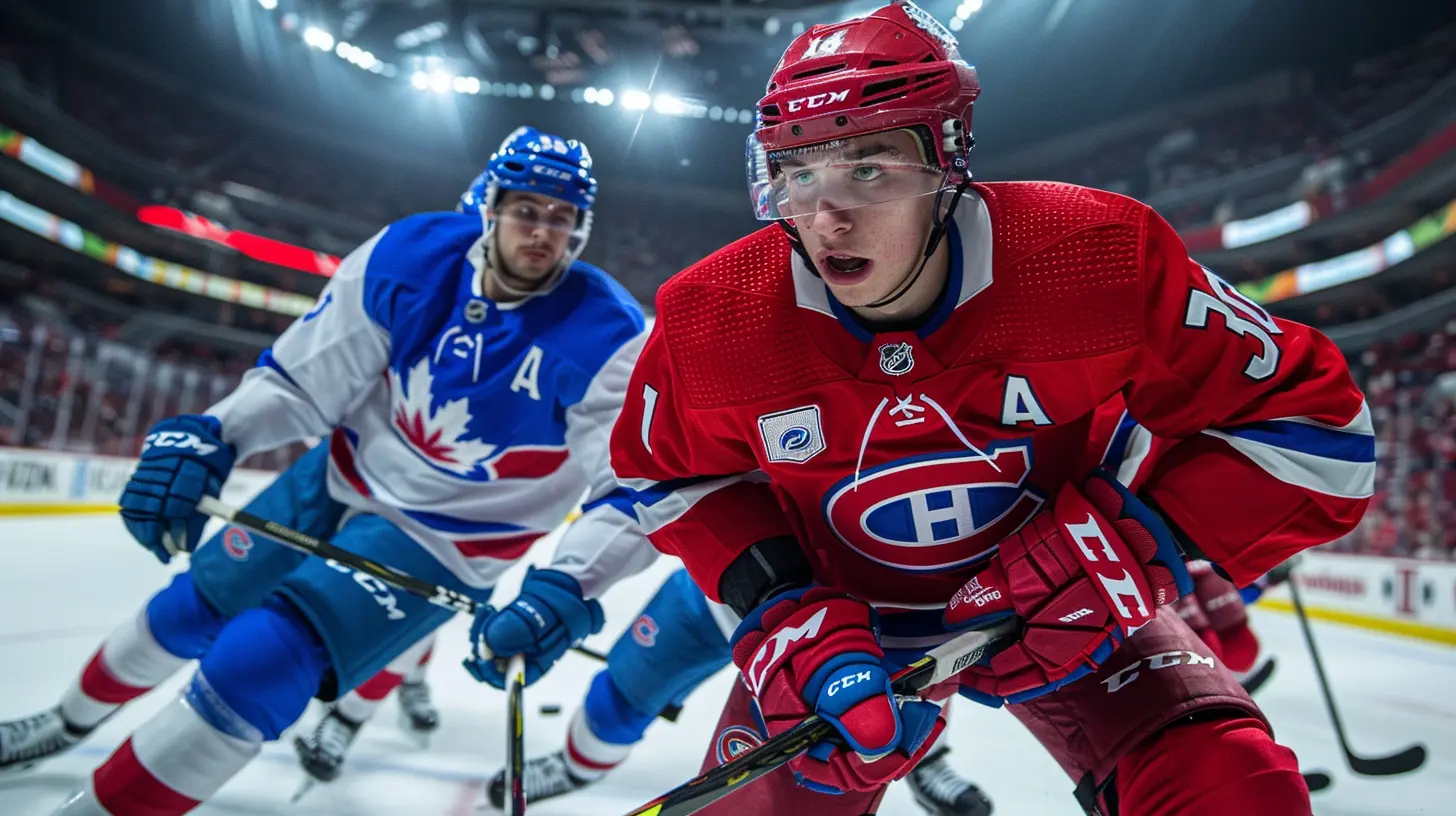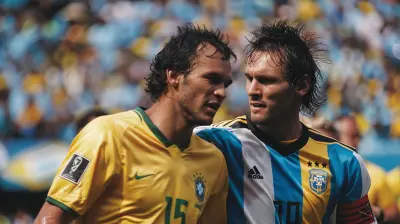20 February 2025
The NHL (National Hockey League) is known for its fierce competition, high levels of skill, and passionate fan base. Yet, there’s one aspect that often gets overlooked when we think about the impact on the league—the role international tournaments play. These tournaments don’t just provide thrilling hockey for a few weeks; they have ripple effects that influence the NHL in ways you might not expect. From player development to fan engagement, and even the league's global reputation, international tournaments and the NHL are more connected than you might think.

The NHL and International Tournaments: A Quick Overview
Before diving into the nitty-gritty, let’s set the stage. When we talk about international hockey tournaments, we're usually referring to major events like:- The Winter Olympics
- The IIHF World Championship
- The World Cup of Hockey
- Various junior and under-20 tournaments (like the World Junior Championship)
These tournaments gather the world's top talent to represent their countries on the global stage, and many NHL players are often at the heart of the action. It's no surprise that these competitions draw massive attention since they offer a unique opportunity to see the best of the best go head-to-head. But what happens when these players return to their NHL teams? How do these tournaments affect the NHL as a whole?

Player Development: Sharpening Skills and Building Confidence
One of the most significant impacts of international tournaments on the NHL is the development of players. At first glance, you might think that NHL players are already at the top of their game, so what’s left for them to learn? Well, international hockey is different.For starters, the ice surface in European tournaments is usually larger than in the NHL, which forces players to adapt their style. They have to rely more on speed and puck movement than physicality, which can help them develop a more well-rounded skill set. This experience often translates back into the NHL, where players become more versatile and adaptable.
Plus, let’s not forget the psychological aspect. Representing your country on the international stage is a huge honor, and performing well in these high-pressure environments can boost a player's confidence. When they return to their NHL teams, they bring that confidence with them, often resulting in better on-ice performance. You can think of it like a musician who gets to perform at the Grammys—it's a career-defining experience that can take their game to the next level.
A Case Study: Sidney Crosby and the Olympics
Take Sidney Crosby, for example. His "Golden Goal" during the 2010 Winter Olympics in Vancouver is legendary. Crosby was already a top-tier NHL player, but his clutch performance in the Olympics solidified his reputation as one of the greatest players of all time. The confidence and leadership he gained from that tournament had a noticeable effect on his NHL career, helping him lead the Pittsburgh Penguins to multiple Stanley Cup championships.Crosby isn’t an outlier; many players experience a similar boost after representing their country internationally.

Injuries: The Double-Edged Sword of International Play
While international tournaments can help players grow, there’s also a darker side—injuries. Let’s face it, hockey is a rough sport. The physical nature of the game means that injuries are always a risk, and international tournaments add an extra layer of concern.Imagine this: your favorite NHL player is in the middle of a career-best season, and then they head off to the Olympics. During the tournament, they suffer a serious injury that sidelines them for months, or even the rest of the season. Ouch—not just for the player but for the team and its fans as well.
NHL teams are understandably cautious about letting their players participate in these tournaments. The risk of injury is always looming, and losing a key player can derail a team’s entire season. Many GMs (General Managers) and coaches approach international play with a mix of excitement and anxiety.
The John Tavares Incident
A perfect example of this is John Tavares during the 2014 Winter Olympics in Sochi. Tavares, playing for Team Canada, suffered a season-ending knee injury during the tournament. His NHL team, the New York Islanders, lost their star player for the rest of the season, and their playoff hopes took a nose dive.Situations like this make NHL teams wary of international tournaments, even though the potential benefits to player development and exposure are clear.

Fan Engagement: Growing the Game Globally
Another significant impact of international tournaments on the NHL is the exposure it brings to the league. Hockey is a global sport, but let's be honest, the NHL is still heavily North American-centric. International tournaments, especially the Olympics, offer the NHL a chance to showcase its talent to a broader audience.Imagine a young hockey fan in Sweden watching the Olympics and seeing NHL stars like Connor McDavid or Auston Matthews tearing it up on the ice. That fan might not have had much interest in the NHL before, but now they’re hooked. International tournaments act as a gateway for fans around the world to discover the NHL and follow it more closely.
The Importance of the Olympics
When the NHL allowed its players to participate in the Winter Olympics (from 1998 to 2014), it played a huge role in growing the game globally. The Olympics are one of the most-watched sporting events in the world, and having NHL players on that stage gave the league visibility it doesn’t usually get. The result? Increased global viewership, more merchandise sales, and a bigger international fan base.It’s no coincidence that some of the NHL’s biggest stars, like Alexander Ovechkin and Evgeni Malkin, come from countries that are deeply invested in international hockey. These players often serve as ambassadors for the game, drawing fans from their home countries to follow the NHL.
Team Dynamics: Chemistry and Rivalries
International tournaments also have an impact on team dynamics within the NHL. Let’s think about it for a second—when NHL teammates find themselves on opposite sides during international play, it can stir up some interesting dynamics.Take the Olympics, for example. You might have two players who are best friends in the NHL but suddenly find themselves battling it out for their respective countries. That competition can either strengthen their bond or create some underlying tension when they return to their NHL team.
Similarly, international tournaments can forge new rivalries. Players who face off in these high-stakes games often carry that competitive energy back to the NHL. It can make regular-season games even more intense and exciting for fans to watch.
The Kane-Toews Rivalry
Consider the rivalry between Patrick Kane and Jonathan Toews during the 2010 Winter Olympics. Both players were on the Chicago Blackhawks at the time, yet they found themselves on opposite sides—Kane playing for Team USA and Toews for Team Canada. While they were great teammates in the NHL, you could feel the tension during their Olympic showdowns.When they got back to the Blackhawks, that competitive spirit didn’t disappear—it just added another layer to their dynamic, making them even more formidable partners on the ice.
The NHL’s Stance: A Balancing Act
The NHL’s relationship with international tournaments has always been a bit complicated. On one hand, the league recognizes the benefits—global exposure, player development, and fan engagement. On the other hand, there's the issue of injuries and the disruption to the NHL season, especially when tournaments like the Olympics take place in the middle of the regular season.In recent years, the NHL has taken a more cautious approach. For example, the league decided not to participate in the 2018 Winter Olympics in Pyeongchang, South Korea, citing concerns about player injuries and the disruption to the regular season schedule. This decision was met with disappointment from fans and players alike, many of whom believe that the Olympics are one of the best platforms for showcasing the sport.
However, the NHL has continued to explore other avenues for international play, such as the World Cup of Hockey. While it doesn’t have the same prestige as the Olympics, it allows the league to control the timing and format, reducing the risk of injuries and scheduling conflicts.
The Future: What’s Next for the NHL and International Tournaments?
Looking ahead, where does the NHL go from here? Will we see a return to the Olympics, or will the league continue to focus on its own international ventures like the World Cup of Hockey?It’s hard to say for sure, but one thing is clear: international tournaments will continue to play a crucial role in shaping the NHL. Whether it's through player development, expanding the league’s global footprint, or influencing team dynamics, these tournaments have a lasting impact on the NHL’s landscape.
Fans can only hope that the league finds a balance that allows for both international competition and the continued growth of the NHL. After all, who doesn’t love watching their favorite NHL stars compete for national pride on the world stage?













Jessamine Romero
Great insights! International tournaments really enhance player skills and foster global interest in the NHL.
March 29, 2025 at 7:50 PM